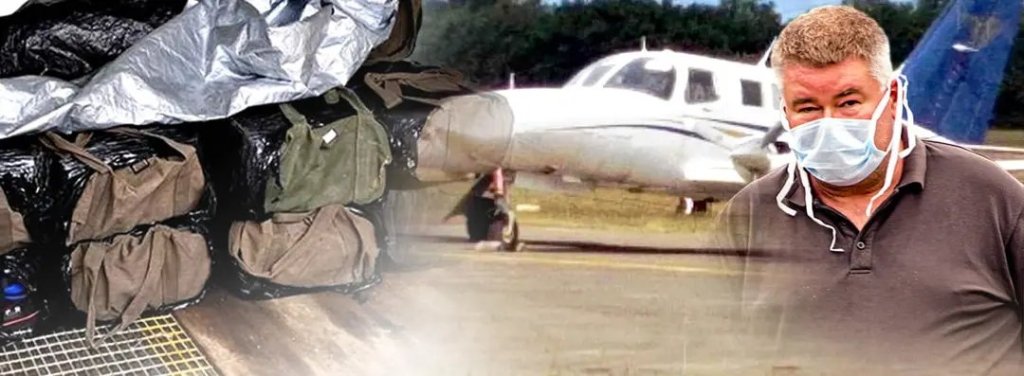
PNG stands at a crossroads in its battle against transnational crimes such as drug smuggling, illegal fishing, human smuggling, and illegal logging. While recent efforts, such as the ship-rider agreement signed between US and PNG, aim to protect our waters and natural resources, their effectiveness remains questionable in the face of PNG’s weak legal institutions and absence of adequate legal frameworks.
PNG has long grappled with corrupt practices, limited resources, and capacity issues within its police force and judiciary. These systemic shortcomings have hampered our ability to enforce the law effectively and prosecute transnational criminals.
The consequences are evident: high-profile cases, like the transfer of a drug smuggling suspect to Australia in 2020, highlight the deficiencies in our legal system, leaving criminals to evade justice within our borders.
Another high-profile drug case is the Jamie Pang case. Pang was also deported to Australia on rape charges.
Though a Controlled Substance Bill was passed in 2021 under Kramer to address drug-related offenses, its implementation and effectiveness remain uncertain. It is yet to be seen whether anyone has been charged under this legislation, casting doubt on our ability to tackle emerging forms of criminal activities adequately.
Even with the ship-rider agreement, which involves collaboration with external partners like the US Coast Guard, the success of these efforts hinges on the strength of our legal institutions. Without robust enforcement mechanisms and comprehensive legal frameworks that align with international standards, transnational criminals will continue to exploit the loopholes in our system.
Consider the issue of illegal logging. Instead of waiting for illicit timber to be harvested and transported out, a proactive approach is needed. The National Forest Authority must identify and shut down illegal logging operations promptly, safeguarding our precious forests and natural heritage. This requires efficient monitoring and enforcement mechanisms that can nip the problem in the bud, rather than playing a never-ending game of catch-up.
It is evident that relying solely on external assistance or ad hoc measures will not yield lasting results. PNG must invest in strengthening its legal institutions, combating corruption, and enhancing the capacity of law enforcement agencies and the judiciary. By doing so, we can establish a more robust legal framework that aligns with international standards, effectively prosecutes transnational criminals, and protects our natural resources from exploitation.
The path ahead will be difficult, but the rewards are immense. Strengthening our legal institutions and enacting comprehensive legal reforms are fundamental steps toward safeguarding our sovereignty, preserving our environment, and fostering a society where justice prevails. It is only through these efforts that we can truly combat transnational crimes and ensure a brighter, more secure future for all its citizens.
Let us rise to the occasion and address the root causes that hinder our progress. Only then can we proudly proclaim that PNG is a nation committed to justice, the rule of law, and the protection of its people and resources.
